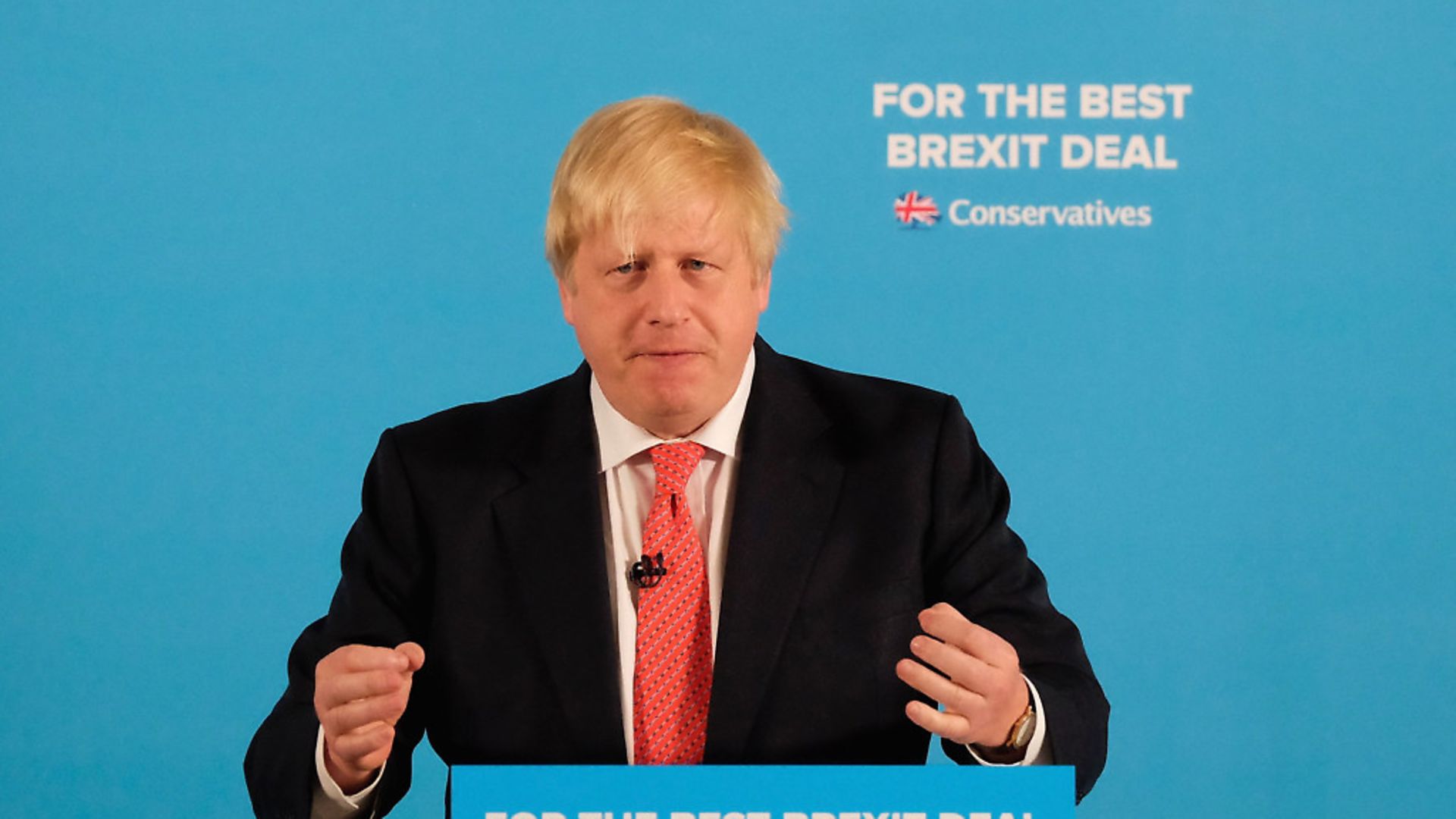
Readers are distinctly unimpressed with Boris Johnson’s knowledge of history.
Any attempt to impose a no-deal Brexit challenges the very legitimacy of government. Britain does not, of course, have a written constitution; but, as John Locke, the English philosopher and ‘father of liberalism’ pointed out: if a government acts in ways that are contrary to the public good, by misplacing the trust placed in it, it renders itself illegitimate and ‘dissolves’ itself.
That is, it ceases to exercise legitimate political power and the people have, not only the right, but the duty, to overthrow it.
Locke’s example was James II, who tried to bypass parliament when it was parliament in which sovereignty resided. Similarly, if Johnson’s regime tries to ram through a no-deal Brexit, with all its seriously adverse economic and fragmenting consequences for the union, his regime will forfeit any legitimacy, which, in turn, will render its actions null and void.
This legal position makes a no-deal Brexit an untenable option, particularly since, contrary to the provisions of the Reform Act 1932, Johnson’s policies have not been endorsed in advance of implementation by the electorate. This latter compounds the democratic deficit and further calls into question the legitimacy of the Johnson regime.
Frank Richardson
Johnson and Mogg are fond of saying “Vox populi, vox Dei” partly as an argument for not asking us whether, after three long years, we still wish to go ahead with the Brexit folly, and partly because it is a chance to display their wisdom/classical education. They should have read further…
One of the earliest written uses of these words is a 798 AD letter of advice to Charlemagne from an English bishop called Alcuin, which includes the following: “Nec audiendi qui solent dicere, Vox populi, vox Dei, quum tumultuositas vulgi semper insaniae proxima sit”.
This translates as: “And those people should not be listened to who keep saying, The voice of the people is the voice of God, since the riotousness of the crowd is always very close to madness”.
George Potts
Dawlish
Your headline “Pair of King Canutes” comparing Boris Johnson and Jeremy Corbyn to Canute is very unfair to the king. Early sources make clear Canute’s apparent attempt to stop the tide was not egotism but a public demonstration by the king of the limits of his power. He was, it seems, a wise and thoughtful man seeking to give a reality check to his sycophantic courtiers.
So not like our current leaders at all.
Councillor Martin Ford
– What do you think? Send your letters for publication to letters@theneweuropean.co.uk and read all of our letters by picking up a copy of our newspaper every Thursday.









